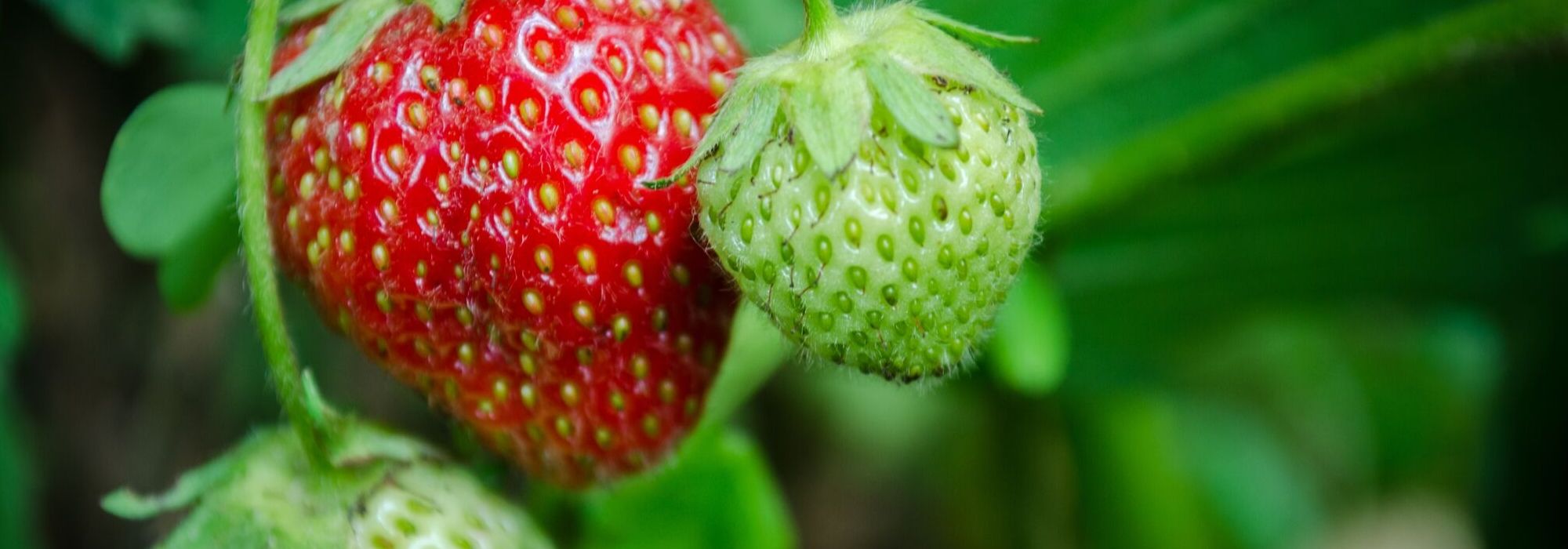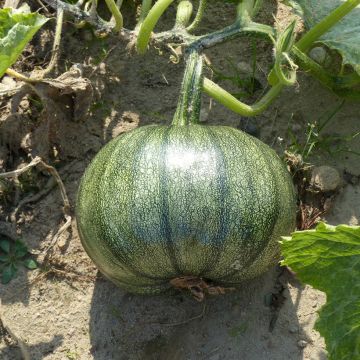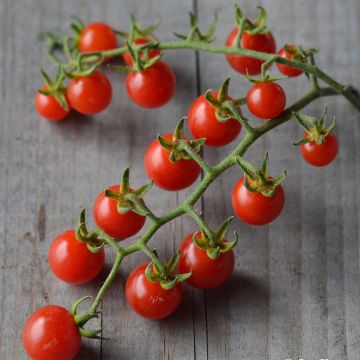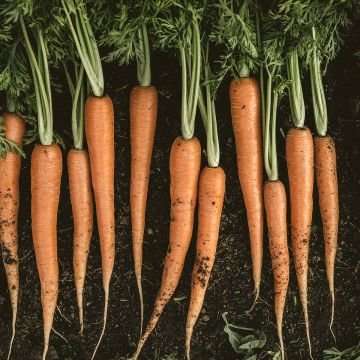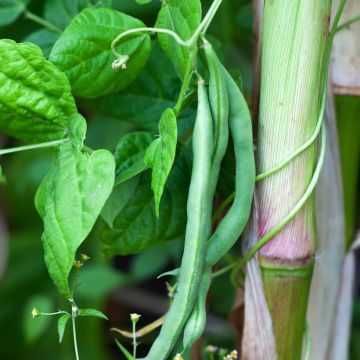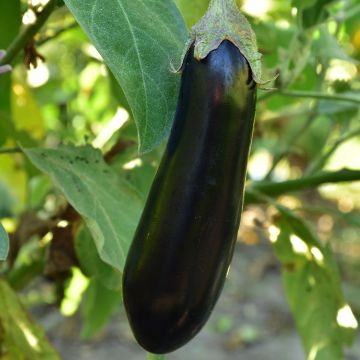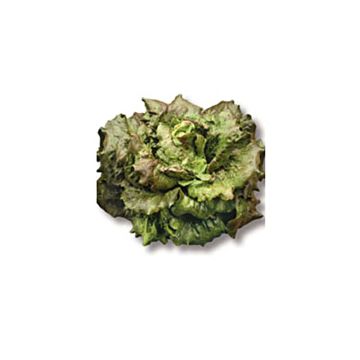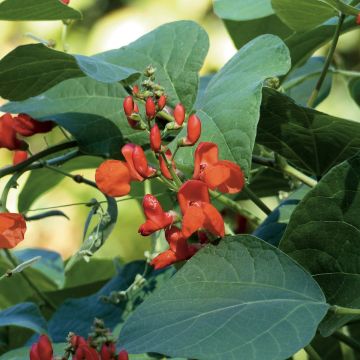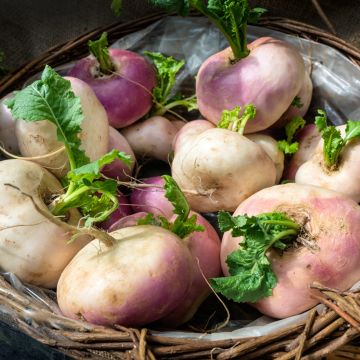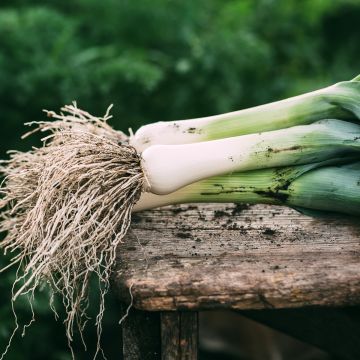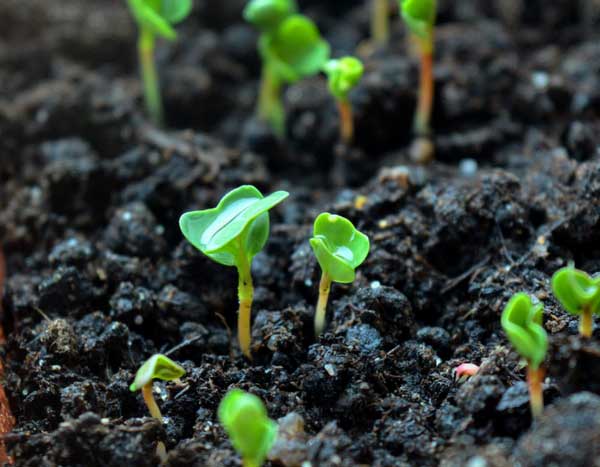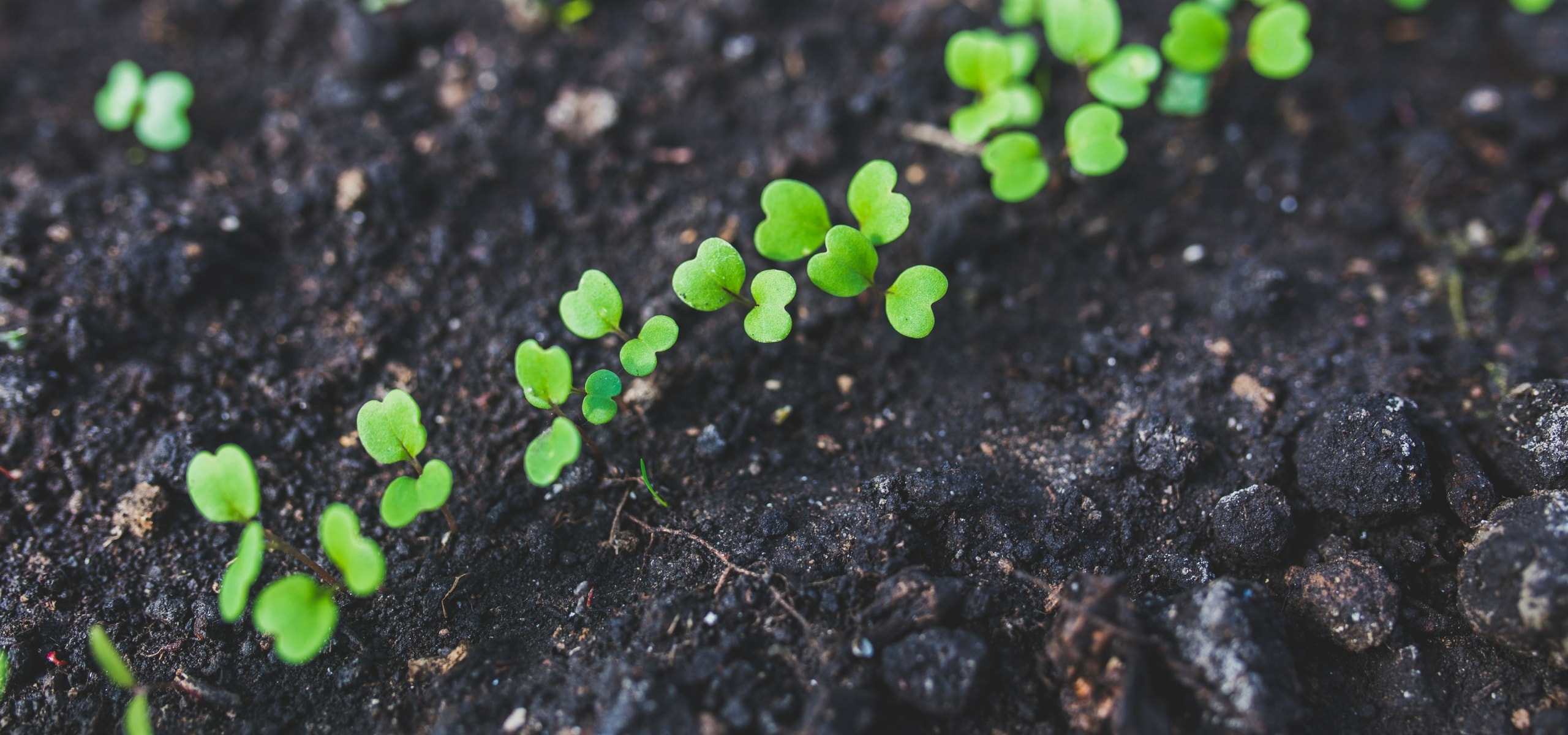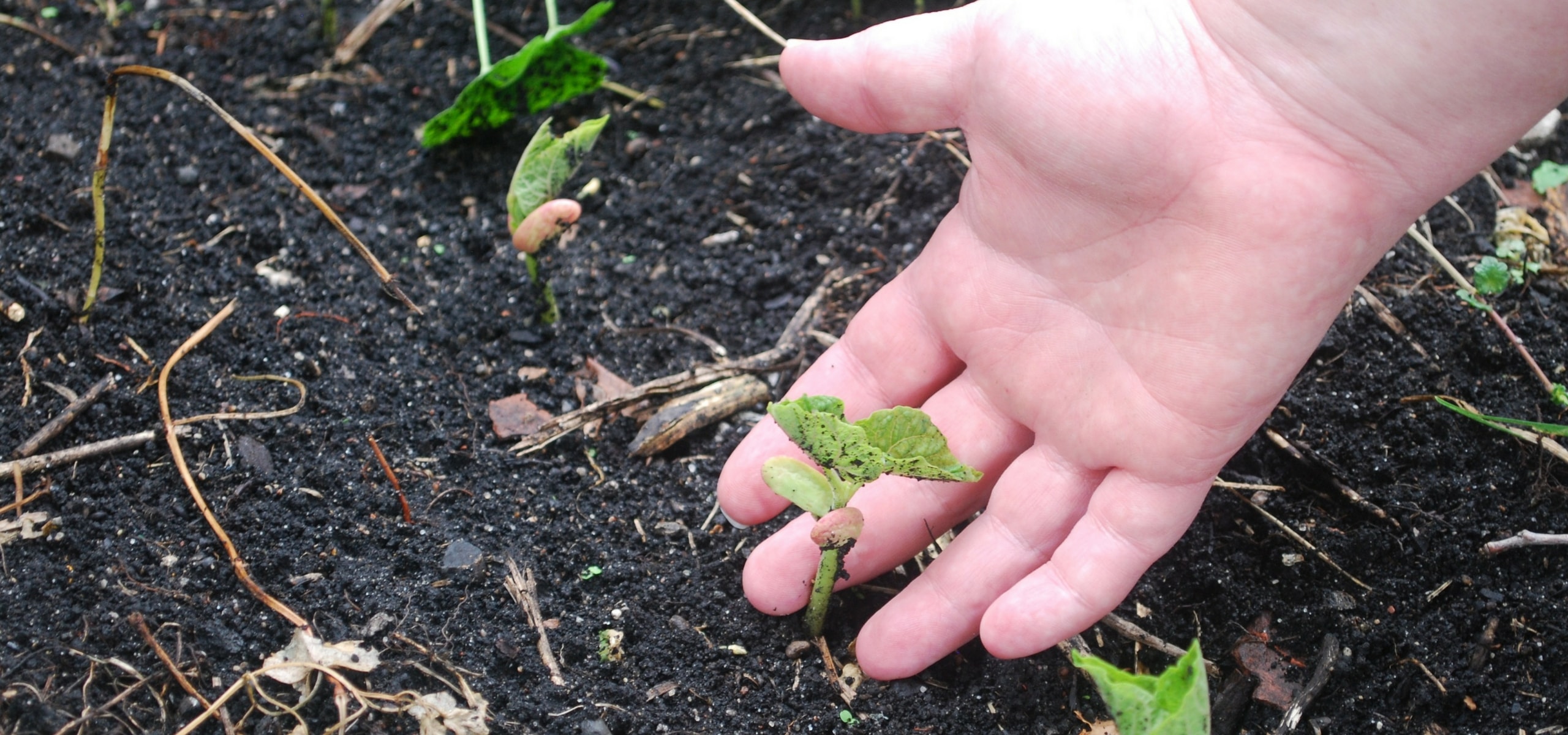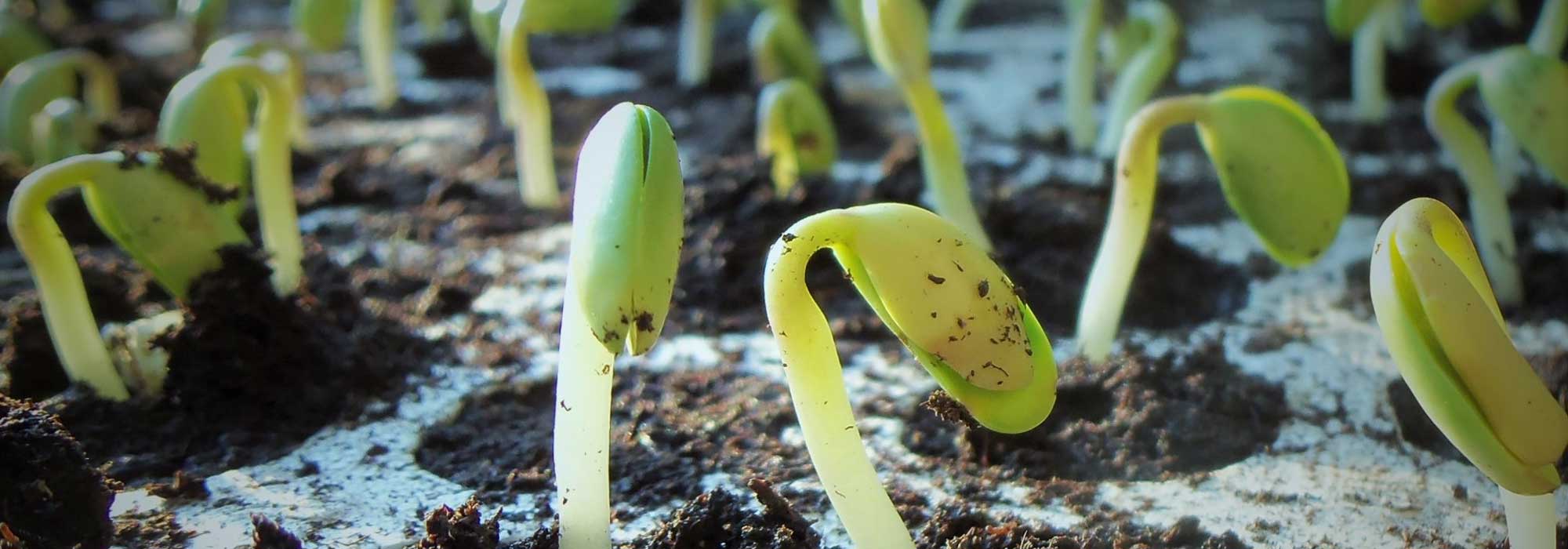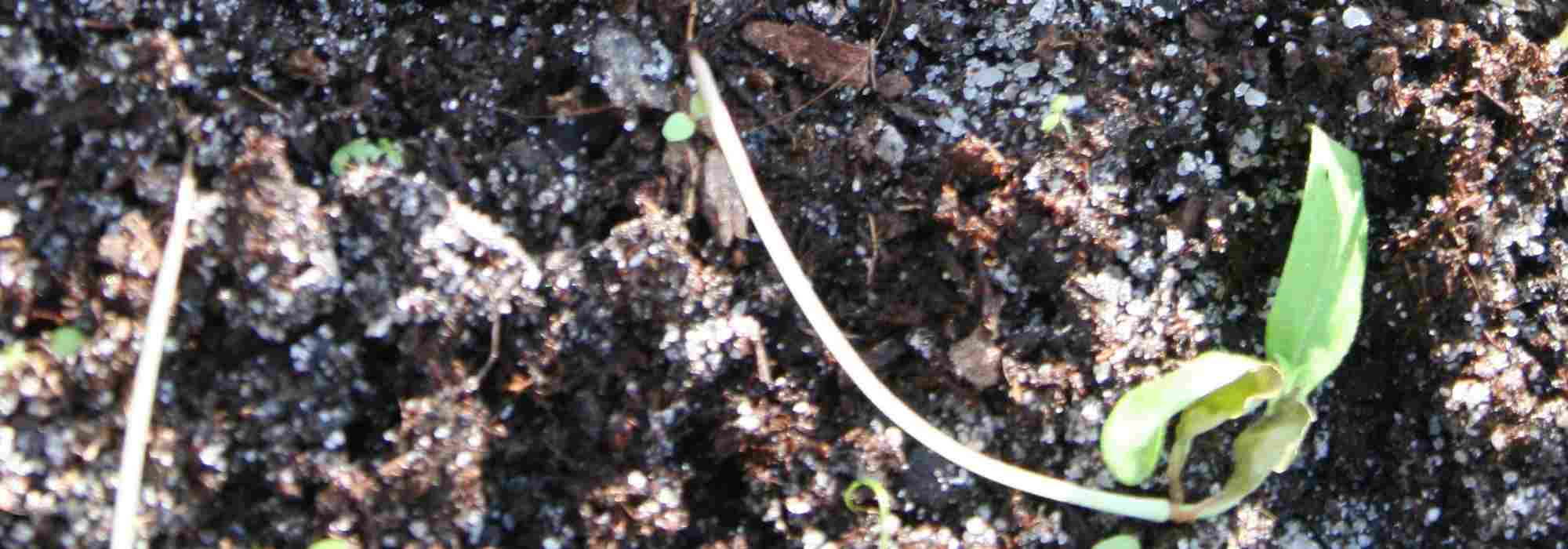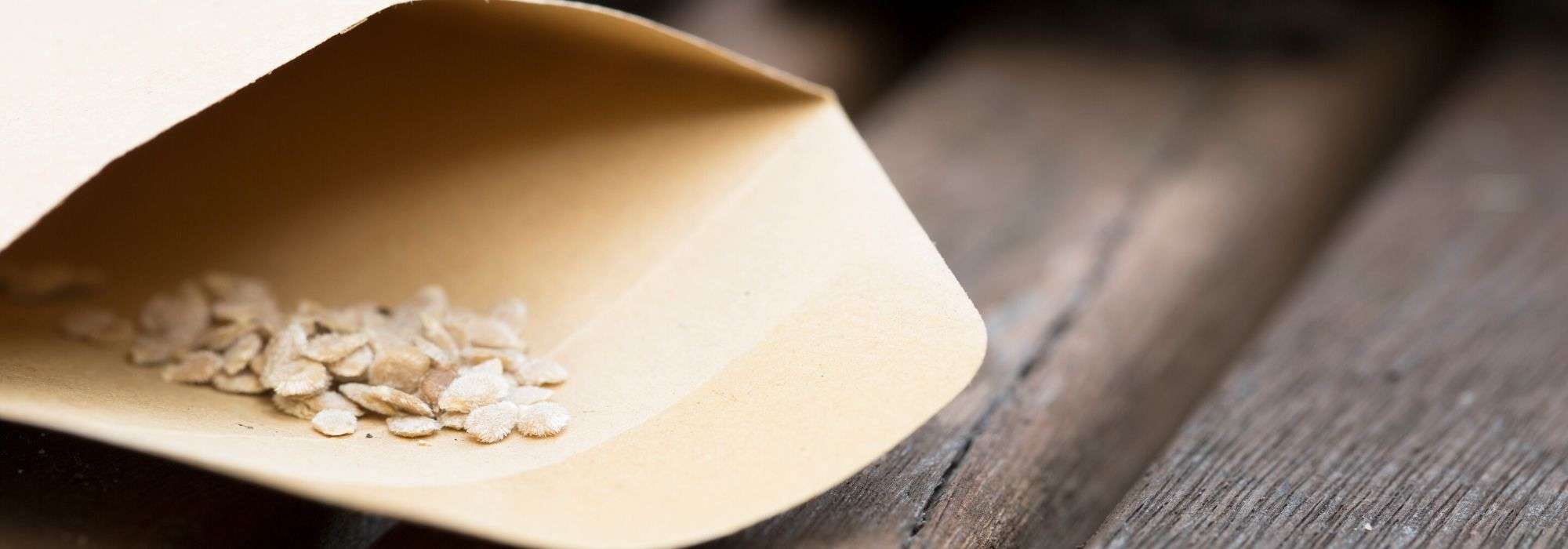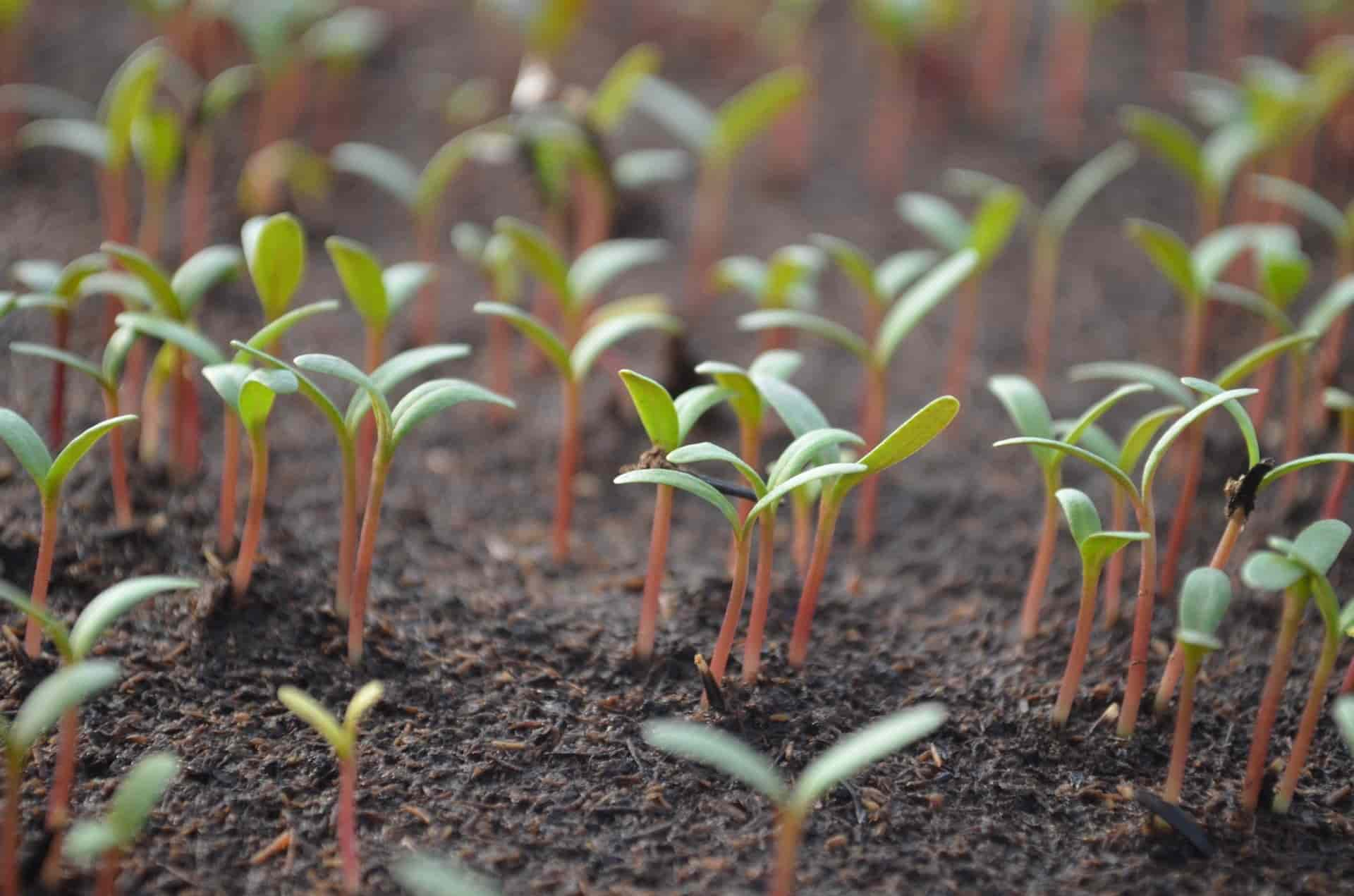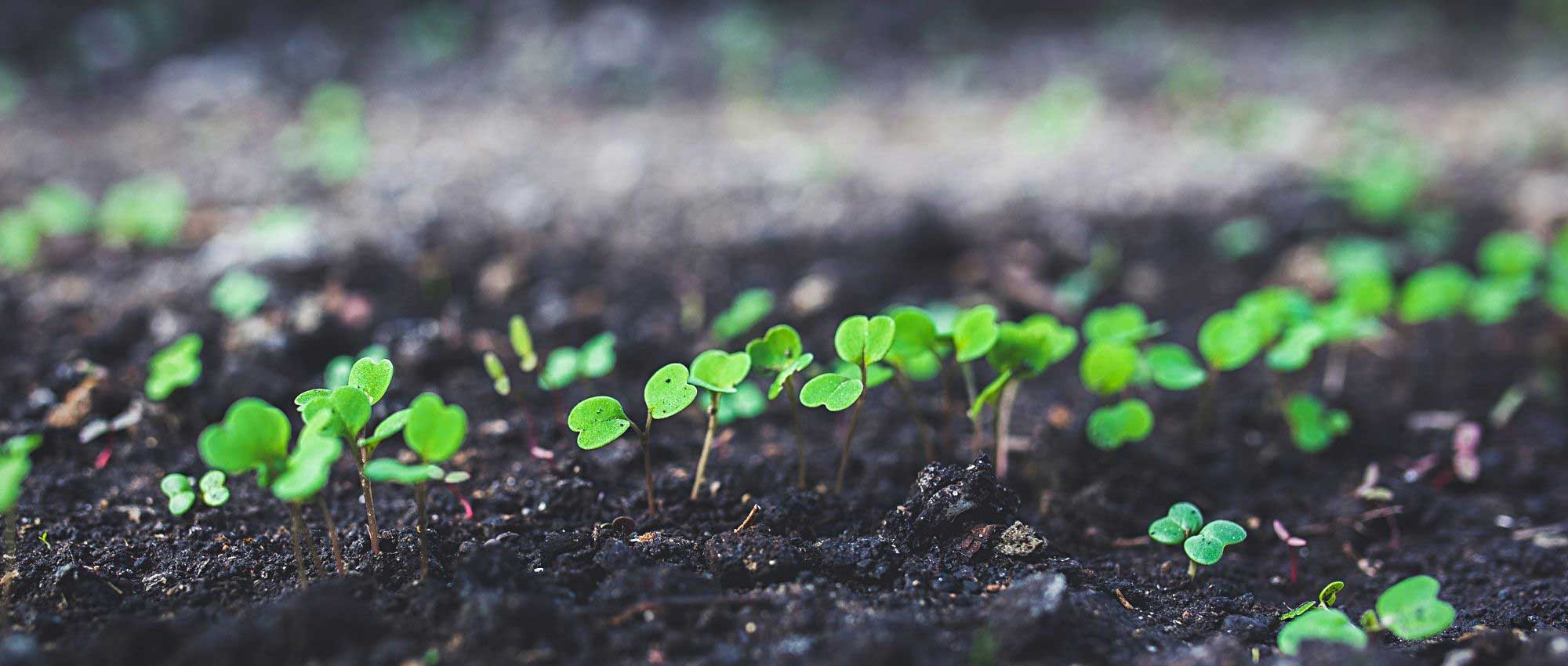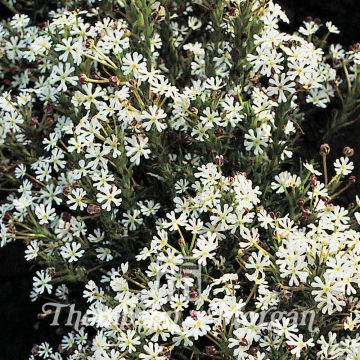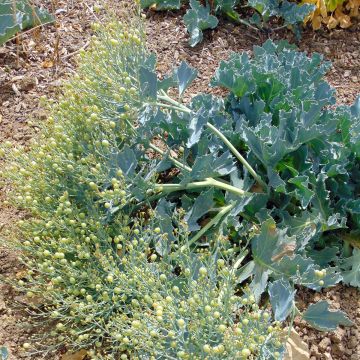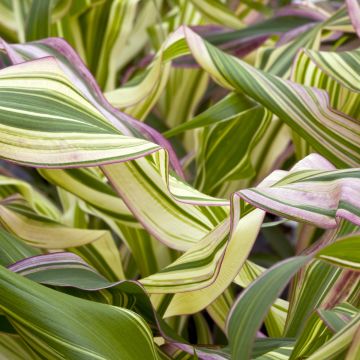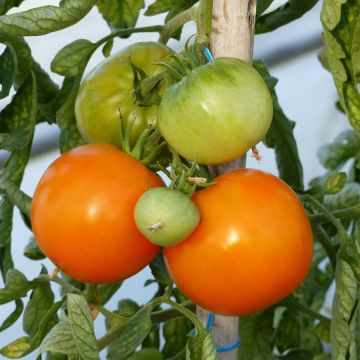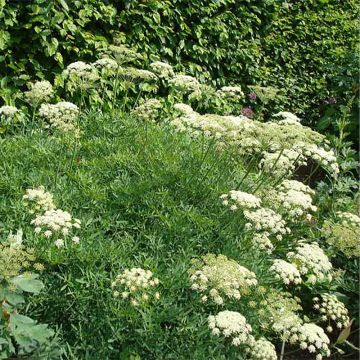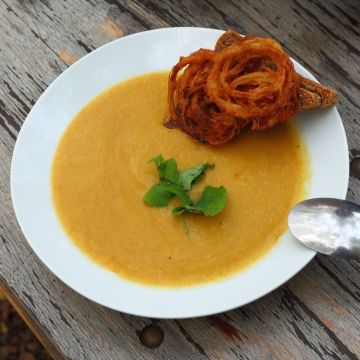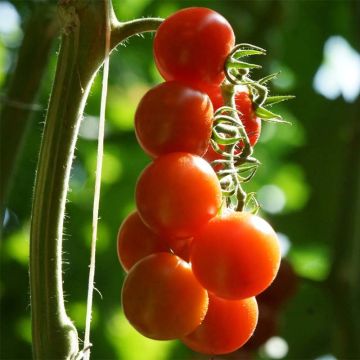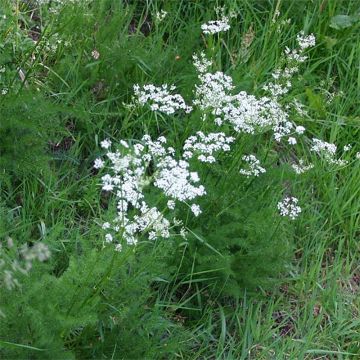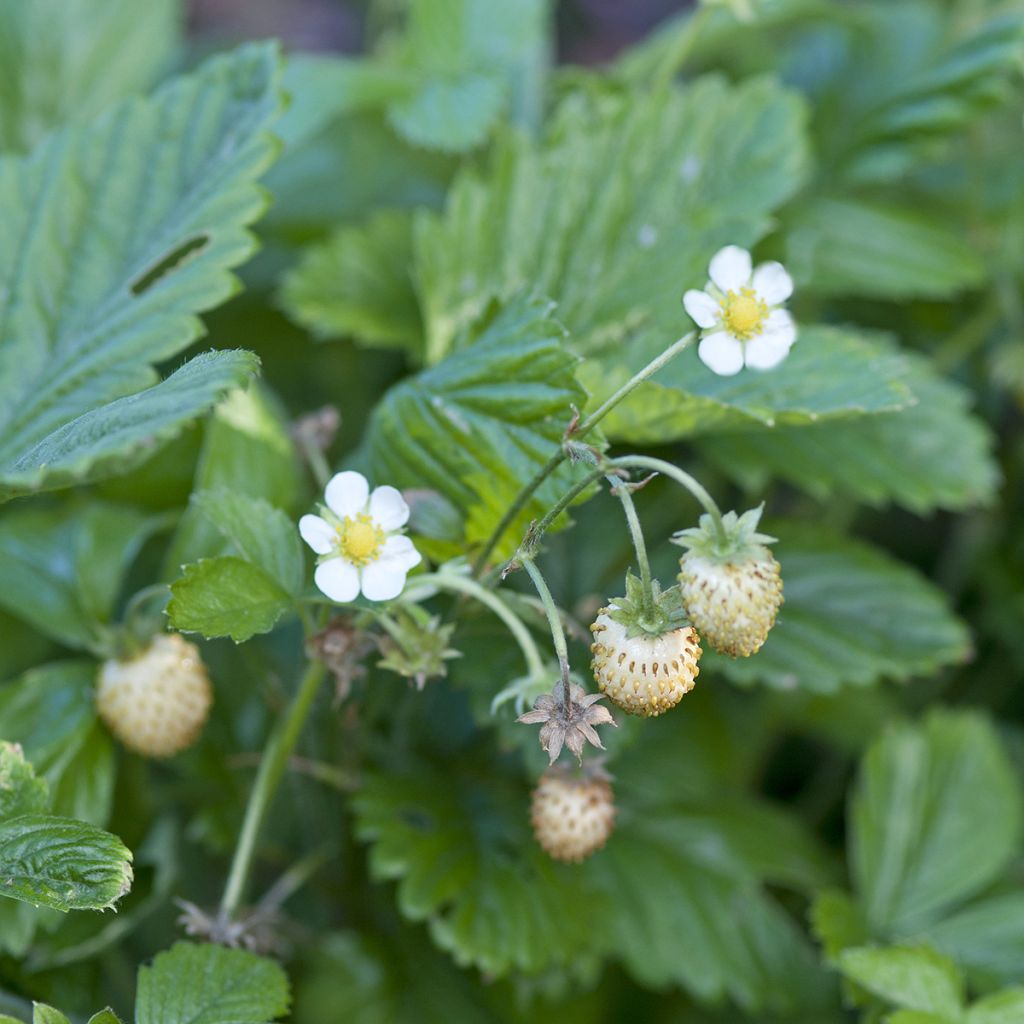

Wild Strawberry Yellow Wonder seeds - Fragaria vesca
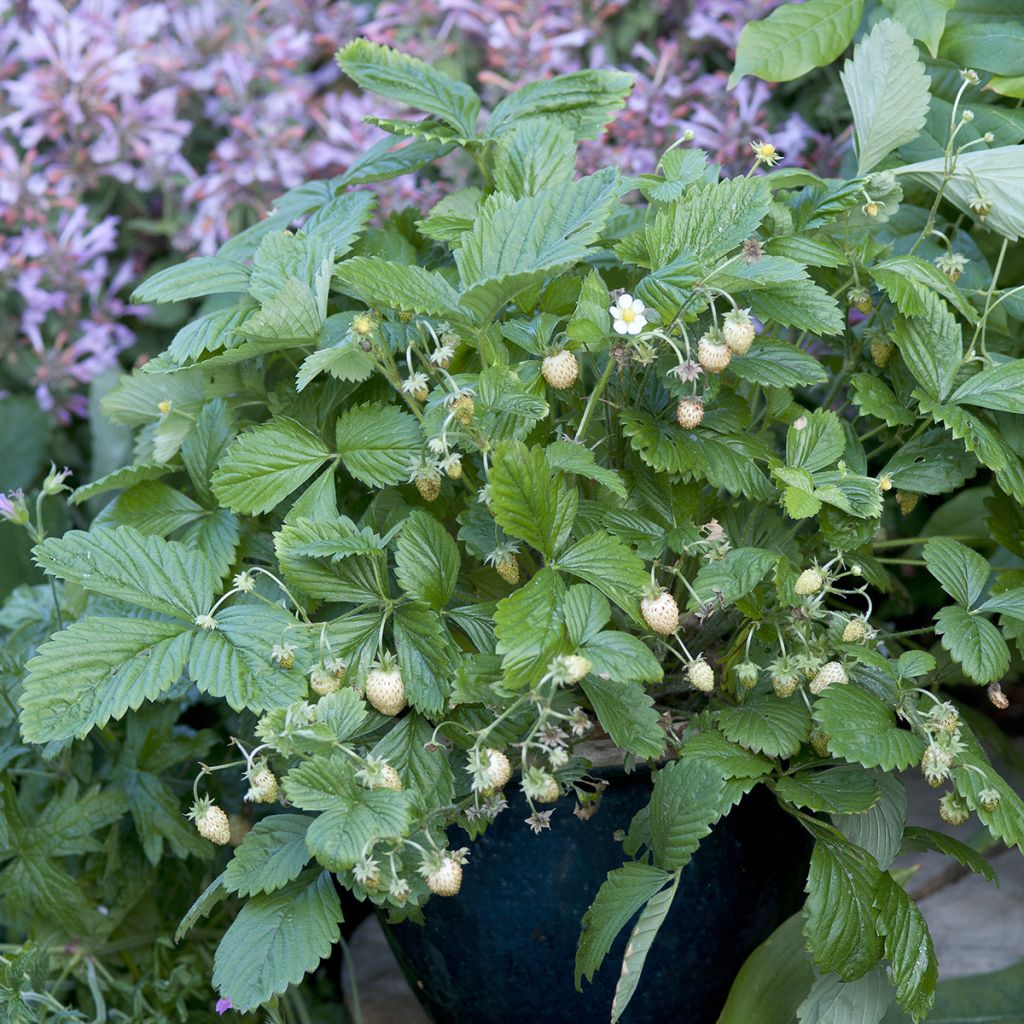

Wild Strawberry Yellow Wonder seeds - Fragaria vesca
Wild Strawberry Yellow Wonder seeds - Fragaria vesca
Fragaria vesca Yellow Wonder
Wild Strawberry, Alpine Strawberry
Special offer!
Receive a €20 voucher for any order over €90 (excluding delivery costs, credit notes, and plastic-free options)!
1- Add your favorite plants to your cart.
2- Once you have reached €90, confirm your order (you can even choose the delivery date!).
3- As soon as your order is shipped, you will receive an email containing your voucher code, valid for 3 months (90 days).
Your voucher is unique and can only be used once, for any order with a minimum value of €20, excluding delivery costs.
Can be combined with other current offers, non-divisible and non-refundable.
Home or relay delivery (depending on size and destination)
Schedule delivery date,
and select date in basket
This plant carries a 6 months recovery warranty
More information
We guarantee the quality of our plants for a full growing cycle, and will replace at our expense any plant that fails to recover under normal climatic and planting conditions.
Description
Fragaria vesca 'Yellow Wonder' is a variety of alpine strawberry with small, sweet and aromatic fruits that have a flavour similar to wild strawberries. Its fruits are initially white and then turn yellow when ripe, making them less attractive to birds. The plant does not produce stolons but forms a compact clump that blooms and produces throughout the season. This hardy strawberry can be grown in the ground or in pots, in partially shaded areas. It likes humus-bearing, well-drained soil that remains slightly moist. Sow the seeds from February to late April for a late spring and early summer harvest.
The strawberry is a perennial plant belonging to the Rosaceae family. It has been known in Europe for a long time and naturally grows in the undergrowth of temperate regions. However, most of the juicy strawberries grown in our gardens are hybrids derived from a species native to Chile and brought back by the navigator Amédée François Frézier. There are several species of strawberries, the main ones being:
- Fragaria vesca (woodland strawberry) that bears small, highly aromatic fruits
- Fragaria moschata (musk strawberry)
- Fragaria viridis (green strawberry, also known as valley strawberry), which is less interesting due to the acidity of its fruit
- Fragaria chiloensis (Chilean strawberry)
These are wild strawberries. The large-fruited strawberries grown commercially are almost all derived from the species Fragaria x ananassa, which is a hybrid of F. chiloensis and F. virginiana, an American species.
Alpine strawberries are found in alpine undergrowth, where the litter layer provides a suitable environment for its growth. Unlike many other strawberries, this variety does not spread on the ground through long stems called stolons. The plant forms a small, compact clump that stays in place. The recognisable leaves are composed of three toothed leaflets that are fairly dark green. They are semi-evergreen if the climate is not too cold. Between May and September, the plants produce small white flowers with 5 petals and a yellow central cone. Under favourable conditions, these flowers transform into small white fruits that turn yellow when fully ripe. The flesh of these fruits is sweet, aromatic, and flavourful. The leaves can be used to make digestive herbal tea.
Their flavour is very delicate and is characterised by a sweet and fruity aroma, sometimes with a slight acidic note in the background. Non-perpetual varieties only flower once a year in spring, while perpetual varieties can flower twice a year, or even continuously from spring to autumn. Strawberries are a false fruit, rich in vitamins B8, B9, C, and E, and contain provitamin A. They are known for their mineralising, hypotensive, and detoxifying properties. It should be noted that strawberries can cause skin irritation for some people, as they stimulate the release of histamine in the body.
Harvesting: pick the fruits as they ripen on the plants. Strawberries are delicate, so pick them with their calyx by pinching the stem 1 to 2cm (1in) above the fruit. The texture of the fruit is a good indicator of its ripeness. It should be firm and slightly soft to the touch.
Storage: strawberries are best enjoyed fresh, either on their own with cream or as a topping for tarts. They can be stored for about a week in the vegetable drawer of a refrigerator. They will not keep as long if they have been bruised or scratched. If you have a large harvest, keep in mind that strawberries are delicate fruits. For longer-term storage, consider using sugar, the fruit's best friend. This naturally leads to making jams, marmalades, compotes, or syrups. Of course, you can also make ice cream or sorbets, but they will not keep as long. You can also dry sliced strawberries in the oven and add them to muesli. Strawberries freeze very well. Small containers are now available for freezing small fruits such as strawberries, raspberries, or currants, etc.
Gardener's tip: strawberry plants are good companions for garlic, beans, lettuce, onions, leeks, thyme, and spinach. However, they do not thrive when planted near cabbage and other brassicas.
Wild Strawberry Yellow Wonder seeds - Fragaria vesca in pictures
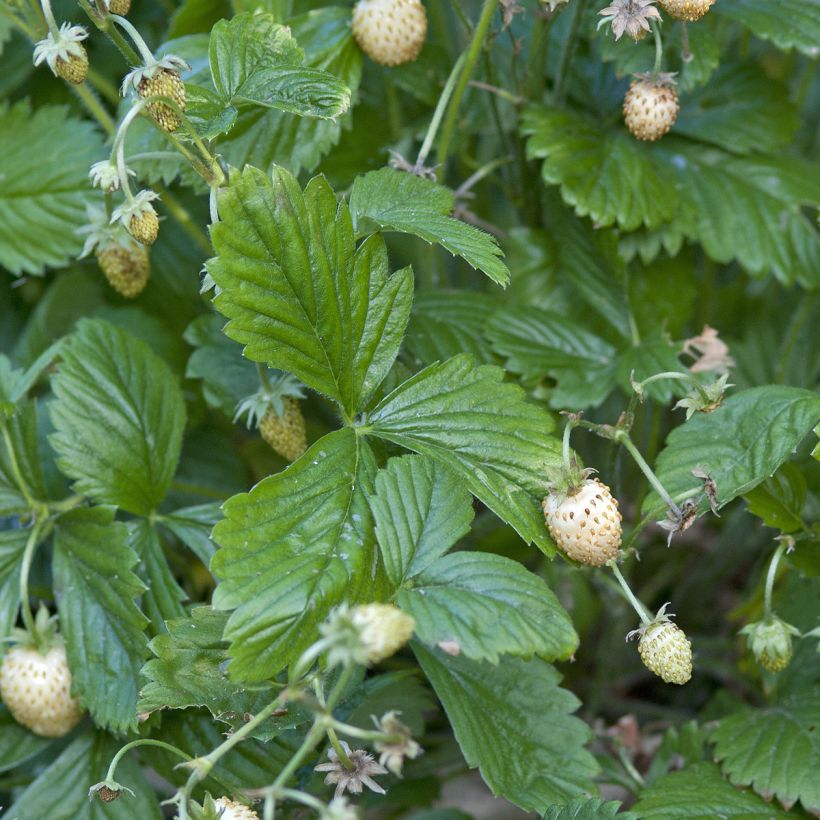



Harvest
Plant habit
Foliage
Botanical data
Fragaria
vesca
Yellow Wonder
Rosaceae
Wild Strawberry, Alpine Strawberry
Fragaria vesca var. semperflorens 'Yellow Wonder', F. vesca var improved 'Yellow Wonder'
Cultivar or hybrid
Perennial
Other Vegetable seeds from A to Z
View all →Planting and care
Strawberries are hardy and easy to grow. They appreciate all types of soil and adapt to partial shade, but they do prefer full sun while tolerating short periods of drought.
Before sowing, you can place your seeds in the freezer compartment for a few days and then in the vegetable compartment. This will facilitate germination after a period that can be compared to winter and the gradual warming of spring.
Sowing under a glass frame
Sow from February to May in a warm place (16 to 18°C (60.8 to 64.4°F)) in a tray with one-third of 'special sowing' compost, one-third of garden soil, and one-third of sand. Plant the seeds under a layer of compost 1 to 2mm thick, then lightly press down. Water and keep the substrate moist. Strawberry plants take quite a while to emerge so you need to be patient. The first seedlings will appear after about 35 days. When the plants have 5 to 6 leaves, transplant them into pots where they will continue to grow comfortably until they are transplanted into open ground.
Transplanting into the open ground
Transplant them into open ground once the plants have several leaves and all risk of frost has passed. Dig a hole in the soil. Space them 35cm (14in) apart in all directions. Depending on the variety, you will have to wait before the first fruits appear.
Maintenance
Regularly weed. Mulch the strawberry plants to maintain moisture. This also prevents the fruits from touching the ground and protects them from grey rot.
Seedlings
Care
Intended location
Planting & care advice
This item has not been reviewed yet - be the first to leave a review about it.
Similar products
Haven't found what you were looking for?
Hardiness is the lowest winter temperature a plant can endure without suffering serious damage or even dying. However, hardiness is affected by location (a sheltered area, such as a patio), protection (winter cover) and soil type (hardiness is improved by well-drained soil).

Photo Sharing Terms & Conditions
In order to encourage gardeners to interact and share their experiences, Promesse de fleurs offers various media enabling content to be uploaded onto its Site - in particular via the ‘Photo sharing’ module.
The User agrees to refrain from:
- Posting any content that is illegal, prejudicial, insulting, racist, inciteful to hatred, revisionist, contrary to public decency, that infringes on privacy or on the privacy rights of third parties, in particular the publicity rights of persons and goods, intellectual property rights, or the right to privacy.
- Submitting content on behalf of a third party;
- Impersonate the identity of a third party and/or publish any personal information about a third party;
In general, the User undertakes to refrain from any unethical behaviour.
All Content (in particular text, comments, files, images, photos, videos, creative works, etc.), which may be subject to property or intellectual property rights, image or other private rights, shall remain the property of the User, subject to the limited rights granted by the terms of the licence granted by Promesse de fleurs as stated below. Users are at liberty to publish or not to publish such Content on the Site, notably via the ‘Photo Sharing’ facility, and accept that this Content shall be made public and freely accessible, notably on the Internet.
Users further acknowledge, undertake to have ,and guarantee that they hold all necessary rights and permissions to publish such material on the Site, in particular with regard to the legislation in force pertaining to any privacy, property, intellectual property, image, or contractual rights, or rights of any other nature. By publishing such Content on the Site, Users acknowledge accepting full liability as publishers of the Content within the meaning of the law, and grant Promesse de fleurs, free of charge, an inclusive, worldwide licence for the said Content for the entire duration of its publication, including all reproduction, representation, up/downloading, displaying, performing, transmission, and storage rights.
Users also grant permission for their name to be linked to the Content and accept that this link may not always be made available.
By engaging in posting material, Users consent to their Content becoming automatically accessible on the Internet, in particular on other sites and/or blogs and/or web pages of the Promesse de fleurs site, including in particular social pages and the Promesse de fleurs catalogue.
Users may secure the removal of entrusted content free of charge by issuing a simple request via our contact form.
The flowering period indicated on our website applies to countries and regions located in USDA zone 8 (France, the United Kingdom, Ireland, the Netherlands, etc.)
It will vary according to where you live:
- In zones 9 to 10 (Italy, Spain, Greece, etc.), flowering will occur about 2 to 4 weeks earlier.
- In zones 6 to 7 (Germany, Poland, Slovenia, and lower mountainous regions), flowering will be delayed by 2 to 3 weeks.
- In zone 5 (Central Europe, Scandinavia), blooming will be delayed by 3 to 5 weeks.
In temperate climates, pruning of spring-flowering shrubs (forsythia, spireas, etc.) should be done just after flowering.
Pruning of summer-flowering shrubs (Indian Lilac, Perovskia, etc.) can be done in winter or spring.
In cold regions as well as with frost-sensitive plants, avoid pruning too early when severe frosts may still occur.
The planting period indicated on our website applies to countries and regions located in USDA zone 8 (France, United Kingdom, Ireland, Netherlands).
It will vary according to where you live:
- In Mediterranean zones (Marseille, Madrid, Milan, etc.), autumn and winter are the best planting periods.
- In continental zones (Strasbourg, Munich, Vienna, etc.), delay planting by 2 to 3 weeks in spring and bring it forward by 2 to 4 weeks in autumn.
- In mountainous regions (the Alps, Pyrenees, Carpathians, etc.), it is best to plant in late spring (May-June) or late summer (August-September).
The harvesting period indicated on our website applies to countries and regions in USDA zone 8 (France, England, Ireland, the Netherlands).
In colder areas (Scandinavia, Poland, Austria...) fruit and vegetable harvests are likely to be delayed by 3-4 weeks.
In warmer areas (Italy, Spain, Greece, etc.), harvesting will probably take place earlier, depending on weather conditions.
The sowing periods indicated on our website apply to countries and regions within USDA Zone 8 (France, UK, Ireland, Netherlands).
In colder areas (Scandinavia, Poland, Austria...), delay any outdoor sowing by 3-4 weeks, or sow under glass.
In warmer climes (Italy, Spain, Greece, etc.), bring outdoor sowing forward by a few weeks.






























